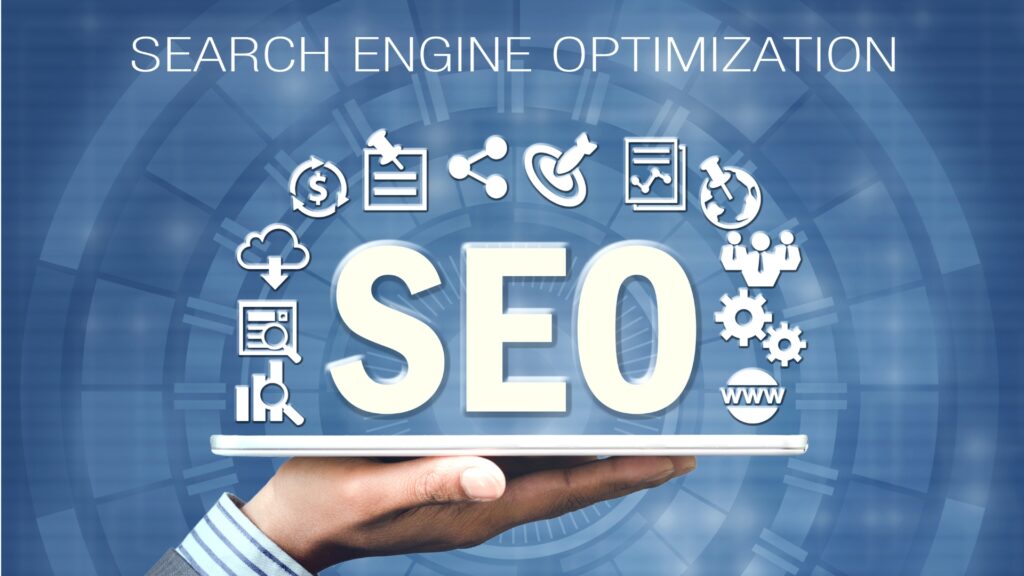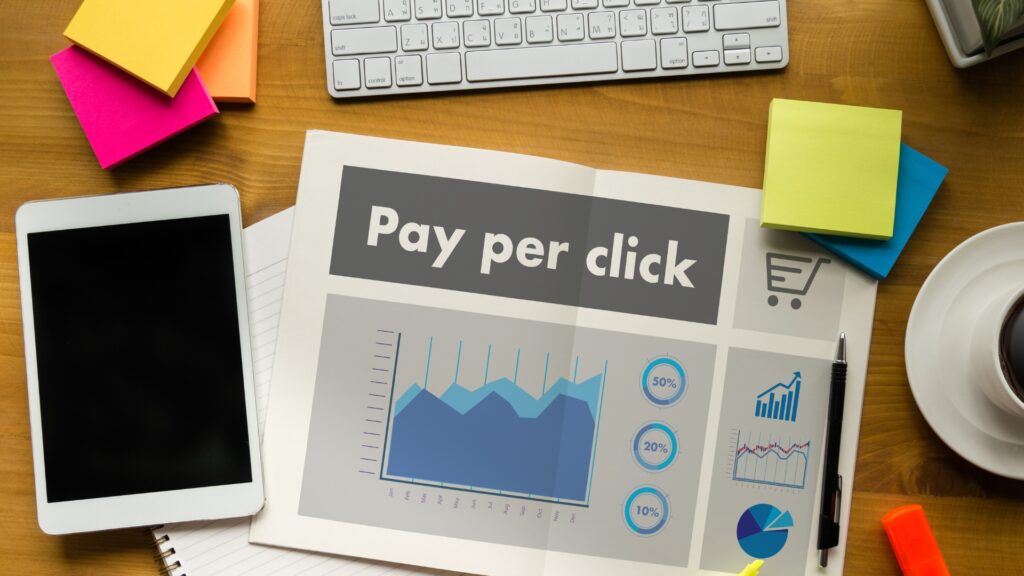Digital marketing refers to the use of digital channels, platforms, and technologies to promote and sell products or services. It encompasses a wide range of online marketing strategies and tools that businesses use to reach their target audience, build brand awareness, drive traffic, generate leads, and increase sales. Unlike traditional marketing, which relies on methods such as print, radio, and television, digital marketing takes place primarily on the internet and through electronic devices.
One of the main advantages of digital marketing is its ability to reach a global audience. With the internet available nearly everywhere, businesses of all sizes can connect with potential customers across the world. This global reach allows companies to expand beyond local markets and tap into new opportunities without the heavy costs typically associated with traditional marketing channels.
Digital marketing includes various components, each with its own purpose and advantages. Some of the most common include:
- Search Engine Optimization (SEO): This involves optimizing a website to rank higher on search engine results pages (SERPs). The goal is to increase organic (non-paid) traffic by making the site more relevant and user-friendly.

- Content Marketing: This strategy focuses on creating valuable, relevant, and engaging content to attract and retain an audience. Examples include blog posts, videos, infographics, eBooks, and social media posts.

- Social Media Marketing: Platforms like Facebook, Instagram, Twitter, LinkedIn, and TikTok are used to interact with audiences, share content, promote products, and build communities around brands.
- Email Marketing: Businesses use email to communicate directly with customers and prospects. It’s a cost-effective way to nurture leads, send personalized offers, and maintain customer relationships.

- Pay-Per-Click Advertising (PPC): This model involves paying for advertisements that appear on search engines or websites. Advertisers only pay when someone clicks on the ad. Google Ads is a popular PPC platform.

- Affiliate Marketing: In this model, businesses reward external partners (affiliates) for driving traffic or sales through their promotional efforts.
- Influencer Marketing: This involves partnering with individuals who have a significant online following to promote products or services, often on social media platforms.
- Mobile Marketing: Strategies that reach people on their smartphones or tablets through apps, SMS messages, or mobile-friendly websites.
A key benefit of digital marketing is its measurability. Unlike traditional methods, digital campaigns can be tracked in real-time. Marketers can analyze metrics such as website traffic, click-through rates, conversion rates, and customer behavior to refine their strategies and maximize ROI.
Digital marketing is also highly targeted. Businesses can segment their audience based on demographics, interests, online behavior, and location to deliver personalized messages. This level of precision improves engagement and drives better results.
In today’s digital-first world, having a strong online presence is essential. Digital marketing not only helps businesses compete effectively but also enhances customer relationships by offering convenience, personalization, and instant communication. As technology continues to evolve, digital marketing will remain a crucial part of any successful business strategy.
